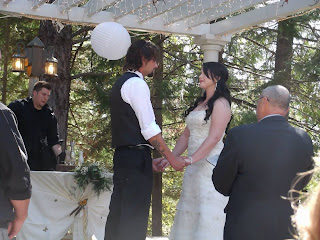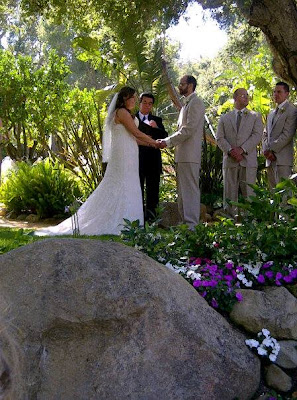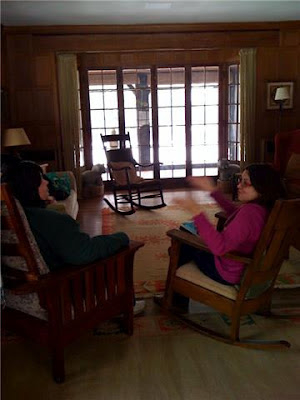What’s in a Name?
by Bethany Maines
First off, a shameless plug. The third City of Destiny short story has been released – The Devil’s Invitational! Only a buck and my personal favorite short story to date. And now back to our blog…
characters and places. I have to admit that this is also one of the
hardest. It’s difficult to find a
name for a character that sounds both authentic and memorable. The temptation
is to give a character a name that is memorable simply by the power of its
sheer awesomeness, like Colt Savage.
For the record, Colt is a real person. I really know him. But if I named
a character Colt Savage would you believe in that character? It’s possible that
I might be able to squeeze him in as a rodeo cowboy and have it feel authentic,
but unless this the twenties and I’m writing Tarazan novels, I’m fairly certain
that a hero named Colt Savage would make you roll your eyes. Just because a
name is real doesn’t mean it sounds real (Yeah, North West, I looking at
you).
novel, Compact with the Devil, was named Brandt Dettling because I saw the name
on a “Battle of the Bands” poster for a local pub. I had assumed that Brandt
Dettling was a band name, and therefore fair game to repurposed into a
character. After all, who would actually name their child that? It just didn’t sound real. How was I
supposed to know he was a real person and that my cousin actually knew him? Party awkwardness ensued, and from then on I
have attempted to give my character entirely fictional, but realistic names.
for me, are last names. They are littered around us – everyone’s
got one. But when I’m sitting at a
computer with a first name on the page, coming up with a last name is pure
torture. In the past I’ve used
author names (text books are especially helpful for this one) and movie
credits, but both of those mean I have to get up and move away from the typing
place. And once I leave the typing place writer ADD sets in and I won’t get
back for another hour. These days
my favorite tools are IMDB and the wonderful interactive surname map of the US
at National Geographic – it shows the most common last names by geographic
area. IMDB.com is a website that
list the cast, crew, and a synopsis of virtually any movie and TV show. So now
instead of picking a movie and squinting at the credits, I pick a movie and
click the “full cast and crew” button.
I usually ignore the actors (too well known) and head straight for the
crew. There’s a wealth of
wonderful names just waiting for my character to try on. And of course when I’m really desperate I turn to the random
name generator. I like
BehindTheName.com, but there are several others. They rarely give me an entire
name that I will actually use, but it will spark an idea and give me at least a
starting point. No more Brandt Dettling moments for me.
the Carrie Mae Mystery series and Tales from the City of Destiny. You can also view the Carrie Mae youtube
video or catch up with her on Twitter.





